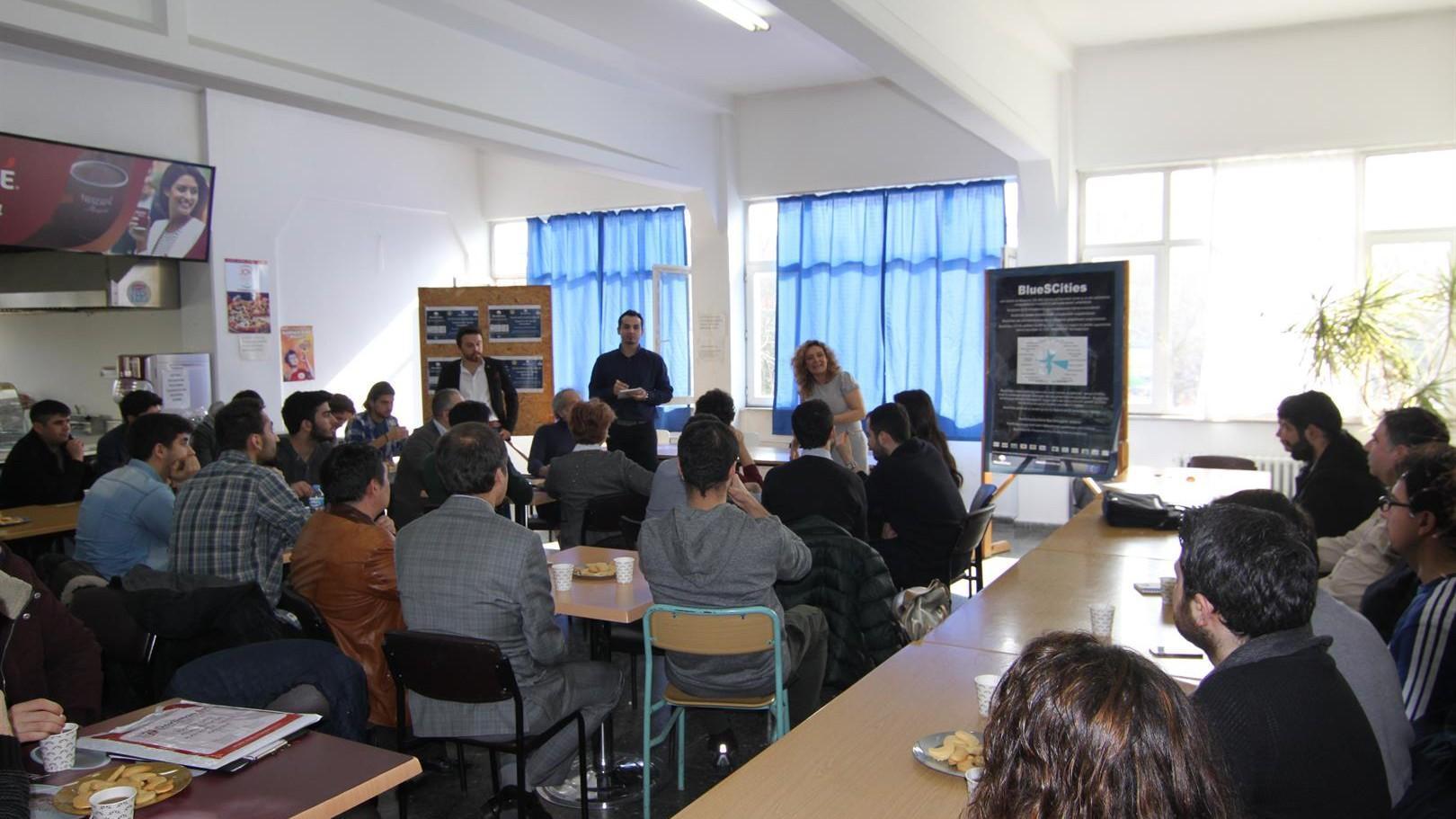
The Higher Education Council of Türkiye (YÖK) is set to bring academia and the public together through its “Science Cafe” initiative, launching in May.
Spearheaded by YÖK’s newly established Science Communication Office, the initiative will facilitate direct interaction between university researchers and citizens, fostering greater scientific awareness and engagement.
According to a statement from YÖK, the Science Communication Office was formed last month with the mission of enhancing the visibility of Turkish universities’ scientific research on both national and international platforms.
The "Science Cafe" events will take place simultaneously across all 81 provinces of the country, as university scholars venture beyond traditional lecture halls to engage with the public in everyday settings such as coffee houses, community centers, parks, ferries, trains, excavation sites, rural cafes, aircraft cabins, and even agricultural fields.
Their goal is to present complex scientific topics in an accessible way, ensuring that the knowledge generated within universities reaches and benefits the wider community.
Discussions will cover a wide array of subjects, ranging from artificial intelligence and genetic improvements in livestock to smart agriculture, quantum physics and environmental issues such as mucilage pollution.
Participants will gain insights into cutting-edge research accompanied by complimentary coffee and tea during the interactive sessions.
Through this initiative designed to reinforce the role of universities in shaping the future, YÖK not only aims to make scientific knowledge more comprehensible and accessible but also foster public trust in science and confidence while highlighting universities’ contributions to local and global challenges.
In this context, YÖK President Erol Özvar highlighted the historical contributions of Turkish scholars to science globally.
“Science communication should not be confined within national borders but serve as a bridge between Türkiye and the global scientific community. Making our scientific history visible is crucial for building confidence. For instance, renowned Turkish mathematician Cahit Arf posed the question, ‘Can a machine think, and how would it think?’ as early as 1958 during a lecture at Atatürk University,” he said.
“In 1969, faculty members at Middle East Technical University launched a rock from the university’s campus. These are just a few examples of our rich scientific heritage. Through science communication, we remind society: We have done it before, we will do it again.”